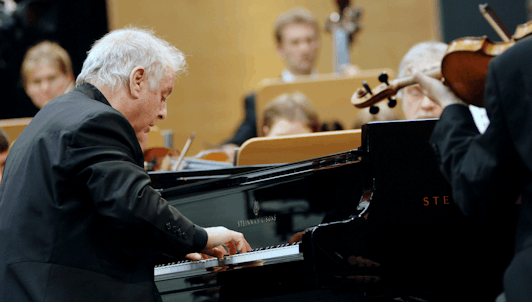The concerto as we think of it today began appearing on programmes during the Baroque era, hit its stride during the Classical period, and hasn't left the stage since. Let's take a quick look...
A concerto is a work for orchestra plus a soloist or a small group of soloists.

A central element of the concerto is the contrast between the soloist(s) and the orchestra. The interplay between the musicians on stage, ranging from conflict to cohesion, is a crucial part of the genre.
During the Baroque era, we find two predecessors of the concerto as we know it today: the concerto grosso (a work for a small group of soloists and a larger ensemble of accompanists) and the solo concerto (a work for soloist and orchestra). In both cases, the alternation between soloist(s) and ensemble served as a guiding light.
During the classical era, the concerto came into its own as a genre. At the hands of multi-talented composer-performers like Mozart, it combined technical and compositional prowess into a single work. Concertos during this period were generally in three parts with two fast-paced movements bookending a slow, more lyrical middle section.
One of the highlights of many concertos is the cadenza, an unaccompanied passage that puts the soloist's virtuosity on full display. A feature introduced during the Classical era, cadenzas at the time were often meant to be improvised by the performer (who was frequently the composer as well!).
During the height of the Romantic period, soloists took on the aura of rock stars and the concerto was the perfect vehicle to display their virtuosity. Legendary performers like Paganini and Liszt often added elaborate embellishments and extra cadenzas to the concertos they performed to huge crowds. Liszt also composed two of his own concertos, which are unsurprisingly full of dazzling passages. Enjoy the veritable heartthrob's Concerto No. 1, performed by Daniel Barenboim!

Portrait of the young Liszt, Henri Lehmann, 1839.
– Leonard Bernstein (performer of countless concertos)
Concertos have remained central throughout the twentieth century, with many of the era's major composers writing in the genre...
Like the symphony, the concerto has also entered the pop culture canon, popping up in comedy sketches like Morecambe and Wise's side-splitting take on Grieg's Piano Concerto in A minor, and feature films like Shine, which depicts the physical and mental anguish of preparing Rachmaninoff's Piano Concerto No. 3.

With Veronika Eberle, Renaud Capuçon, Alina Ibr...

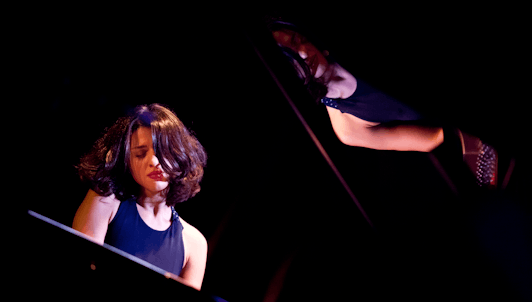
Verbier Festival 2011
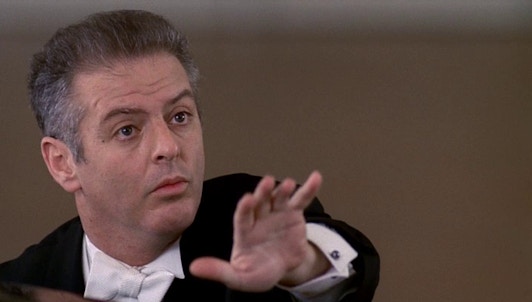
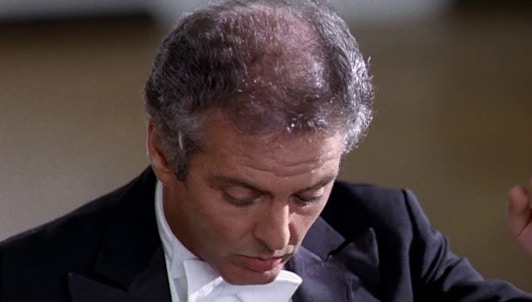
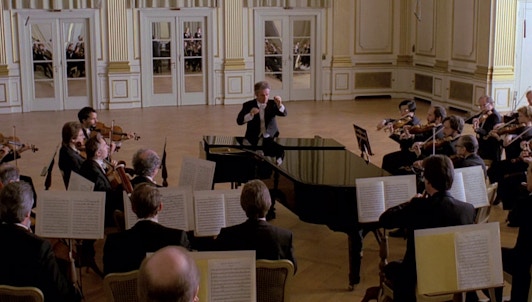
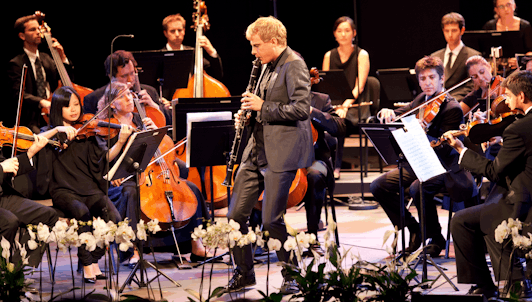
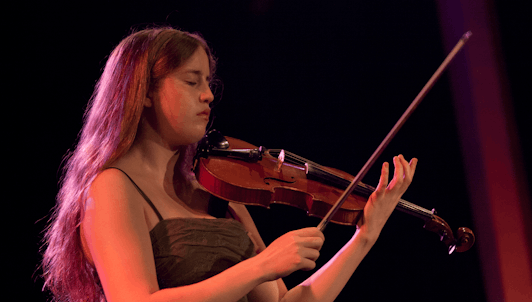

Chamber Orchestra of Europe, Gulbenkian Choir
